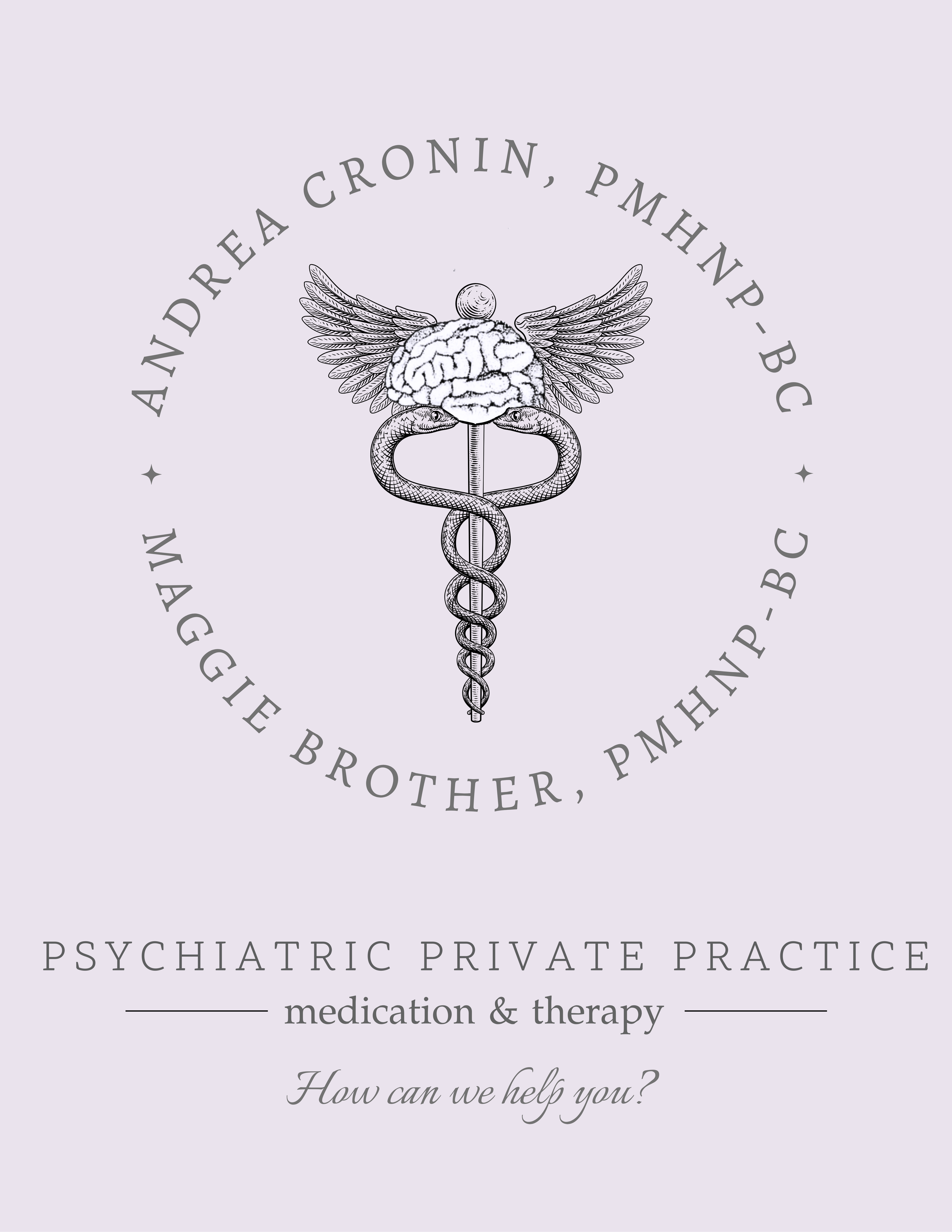Post Traumatic Stress Disorder, also known as PTSD, can affect anyone at any age. Post Traumatic Stress Disorder can heavily disrupt a person’s normal way of life, and can sometimes last for months or years. According to the Diagnostic Statistical Manual, 5th Edition (DSM V), symptoms of PTSD may not present immediately after the trauma has taken place, but sometimes months or years later as well. There are several causes of PTSD, such as but not limited to:
- Abusive relationships, both mentally and psychically
- Traumatic sexual abuse
- Car accidents
- Severe or long lasting illnesses
- Combat exposure
Symptoms of PTSD can also include unwanted flashbacks of the event, upsetting nightmares, trouble focusing, fear of social situations, or experiencing strong adverse reactions to a stressor that reminds the person of the original event. Other symptoms can be mood changes. For example, the person affected could suffer from mood swings, negative thoughts, or self induced isolation. Many people have reported feeling emotionally numb or unable to connect with the people or situations around them, or being easily startled at sudden noises and feeling as if they are constantly on guard.
There is a wide variety of treatment options for PTSD, such as cognitive therapy, which is also known as talk therapy. Some people may be prescribed medication in conjunction with therapy treatments. Another form of treatment is known as Exposure Therapy, in which under the supervision of a therapist, the patient is gradually introduced to different forms of coping mechanisms to reduce stress.
If you have experienced traumatic events and the result of those experiences is having a negative effect on your personal, school, work or social life please contact our office to explore possible treatment options.

